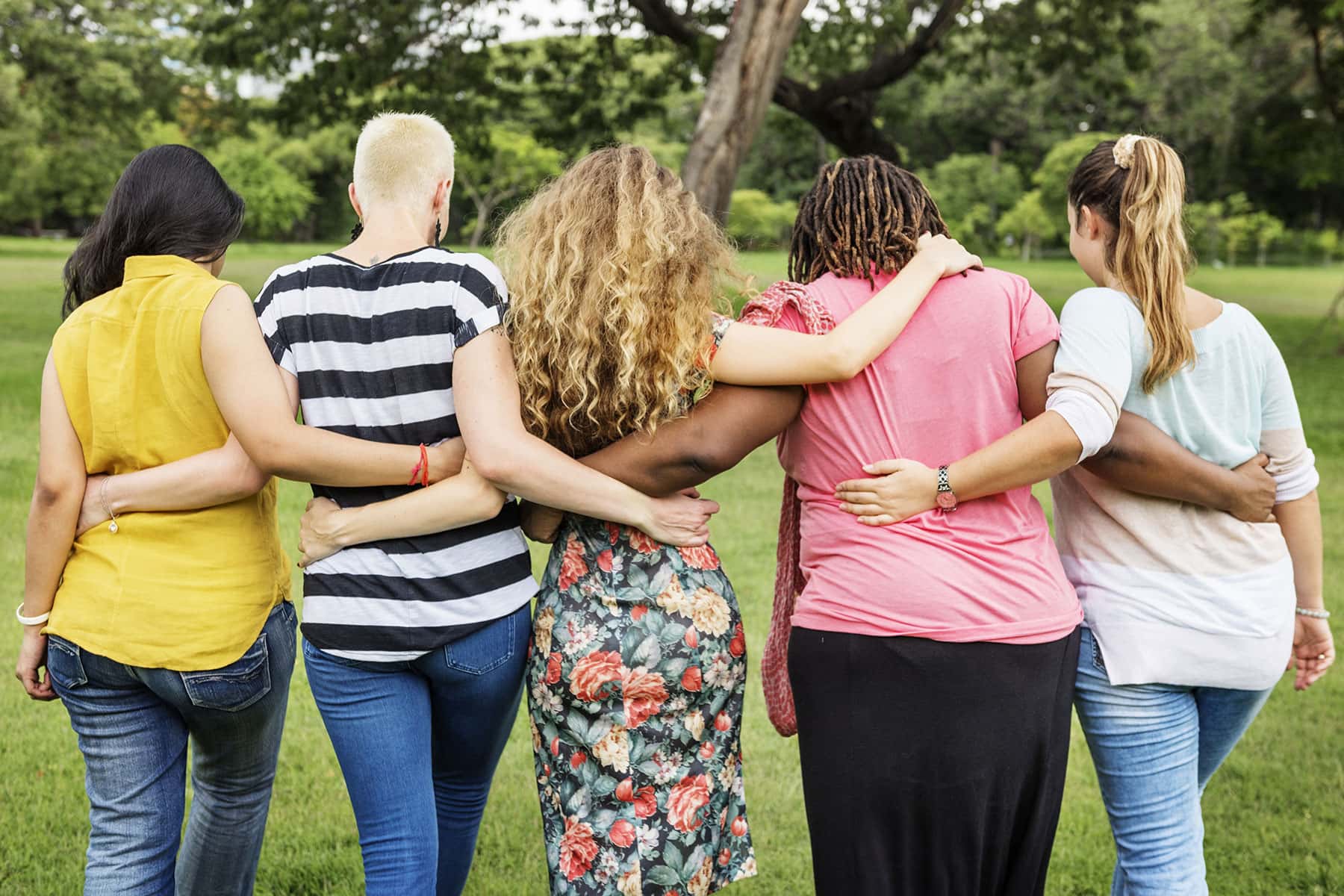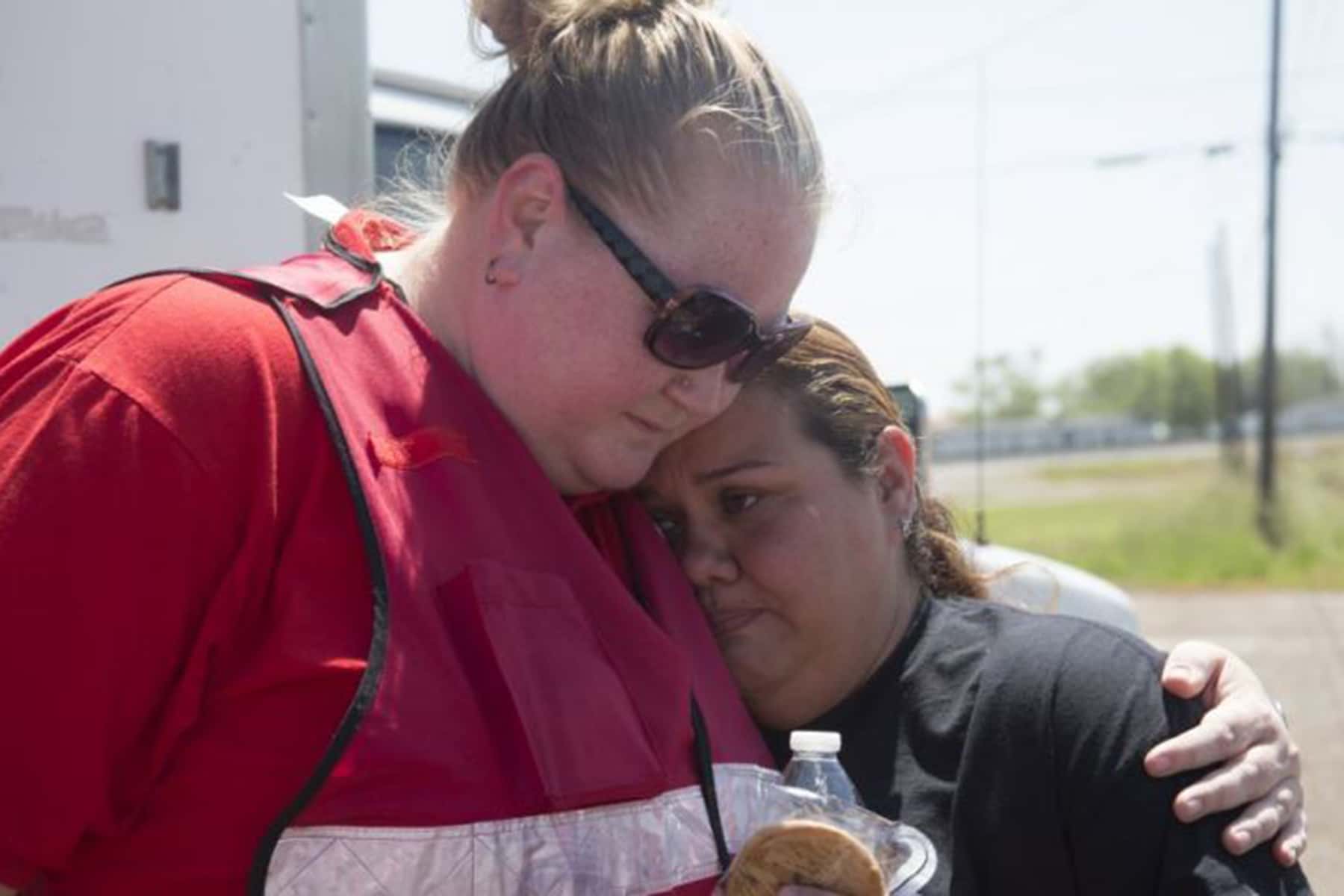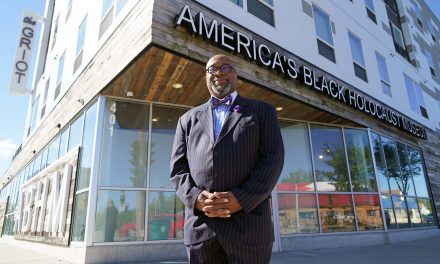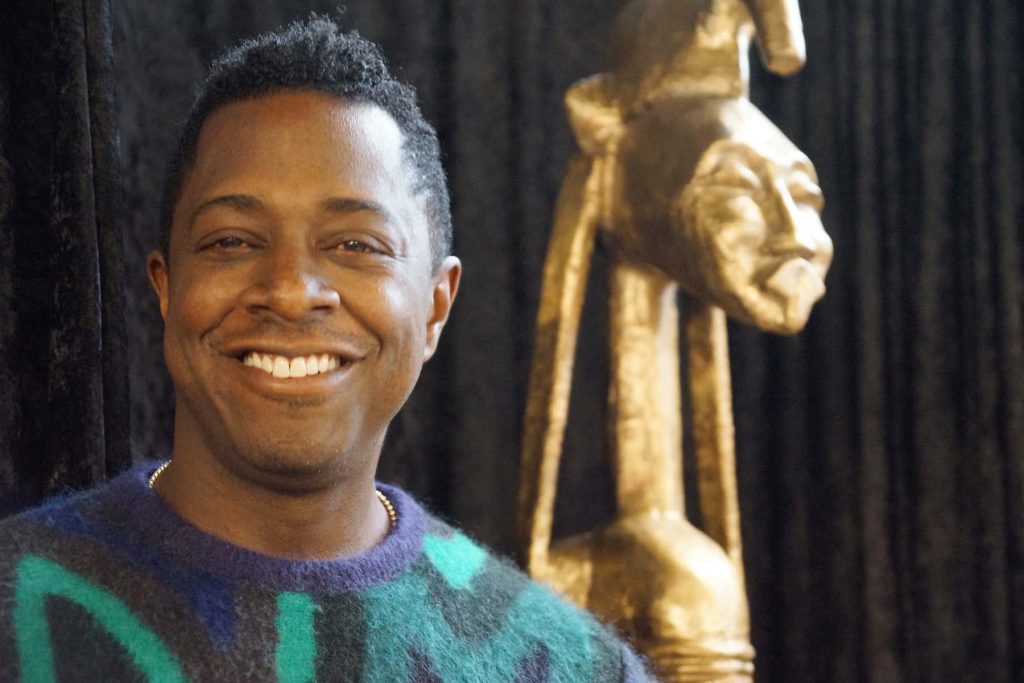
I’ve never been accused of being at a loss for words. I deal in words for a living. But over the last week, I have found myself at a loss for what to say in the wake of the sexual assault allegations against Supreme Court nominee Brett Kavanaugh. As more women have come forward, as we listened to every painful moment of testimony, as the news commentators and even our President have called these women — and any women who have defended them — liars, manipulators, attention-seekers, and con artists… I just… friends, I just can’t.
I have trouble focusing and putting my thoughts together every time I hear people wonder why women would wait so long to disclose an assault if it really happened. I find myself emotional—flitting between anger and deep despair — when well-intentioned, but thoughtless acquaintances ask me to explain what the “big deal” is with these decades-old allegations and why they should prohibit a man from progressing in his career.
And when I’m not overly emotional, I find myself numb, in shock. I find myself feeling unsafe in places and around people I used to feel safe around, and even my relationships have been affected. I haven’t been sleeping well, I am anxious, and I am often irritable. Something is wrong, very wrong, with me! Or is it?
And that’s when it hit me: I know exactly what has got me all twisted! I am experiencing trauma.
The symptoms I’ve been experiencing this last week — they are all symptoms of trauma. Trauma is most often caused by an overwhelmingly negative event that creates a lasting impact on a victim’s mental and emotional stability. Trauma is often associated with being present at the site of a trauma-inducing event, but it is also possible to sustain trauma after witnessing something from a distance. That is the difference between firsthand and secondary trauma.
Along with millions of women around our country and the world, I am reeling in the wake of yet another set of testimonies of women being violated by now powerful men, with what seems to be very few people listening and caring. The lasting impact of these allegations, as well as the experiences they force us to recall in our own lives, is overwhelming. The trauma of sexual violence, of sexism, is real. And the trauma takes a physical, mental, emotional, and spiritual toll.
How do I know? Every day I work with people who have experienced trauma. As the Coordinator for The Salvation Army Chaplaincy Program, a partnership with the Milwaukee Police Department, I oversee a team of volunteer crisis chaplains who provide emotional and spiritual care to those who have experienced trauma or violence in our city. I know what it looks like. In times of crisis and trauma, even normally well-functioning people may experience: higher levels of vulnerability, reduced level of functioning, diminished capacity to make good decisions, and impaired capacity to take care of oneself or others.
And so, in this #MeToo era, let me say to any women who are experiencing this trauma, be it first hand, or secondary, that I believe you. I hear you. I am with you. And I hope you will take the time you need to care for yourself. Here are some of the things we might encourage the victims we work with to do, to cope with and heal from their trauma.
- Remember to breathe
- Ignore the “noise” (the harmful chatter, news, etc.) that triggers you
- Listen to soothing music
- Get moving: 30 minutes of exercise a day can help release adrenaline and endorphins that help repair and heal your body
- Surround yourself with non-distressing/ comforting people and objects
- Tell your story (through talking, art, music, writing) to whomever you feel safe doing so
- Seek professional help
- Volunteer because it can be a great way to challenge the sense of helplessness and loss of control many people feel after a traumatic event, as well as remind yourself of your connectedness to others and of your strengths
- Attend to your overall health: get a good amount of sleep, avoid the abuse of drugs and alcohol, eat a well-balanced diet, and reduce stress in your life
- And, take your time – your healing is your own
Remember, we are a resilient people. The human body, heart, and mind have a remarkable capacity for growth and healing. And know you are not alone in your trauma or recovery. #MeToo.
Pastor Alexis Twito















